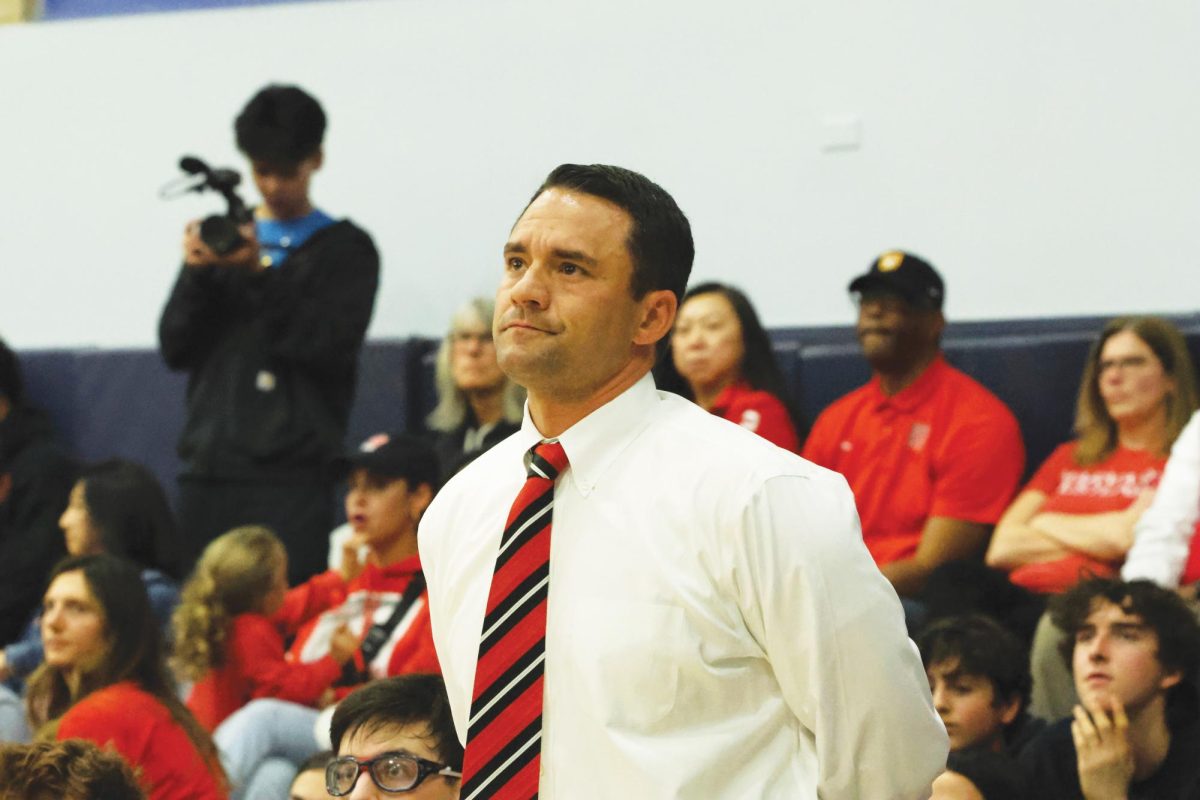When I looked at the syllabus for my AP Lit class back in August and saw “Mrs. Dalloway” wasn’t listed, I thought I knew exactly why I was so distraught. I’ve considered it one of my favorite novels and Virginia Woolf one of my favorite authors since I read it in the ninth grade. Ever since, I had looked forward to studying it in a classroom setting, where I’d no doubt get more out of the novel than I had when reading it alone at the age of fourteen. (The book has traditionally been somewhat of a mainstay in the AP Lit curriculum, along with the “Iliad,” “Hamlet” and “Pride and Prejudice.”)
The more I stewed in anger, the more the exclusion of “Mrs. Dalloway” from the class-wide curriculum seemed wrong. To wit: It’s one of the foremost modernist novels in English literature, if not the foremost modernist novel (competing, probably, with “Ulysses”). Its difficulty makes it well-suited to being studied in class, especially since it’s unlikely many students would end up reading it outside of one—I’m reminded of the conversations I’ve had with my peers, who have said they loved reading “As I Lay Dying” in junior year but would have had a hard time understanding or appreciating it on their own. It’s also written by a woman, which is always a plus (I’m not convinced there are enough works by women in our English curriculum, even when you take into account that the focus on historically monumental works will naturally result in more books by men, but that’s a topic for another column).
These were the sorts of points I brought up in class while some of the other AP Lit classes began “Mrs. Dalloway,” becoming such an irritant that Jocelyn Medawar finally, understandably broke down and declared in graphic detail what she would do if I brought up “Mrs. Dalloway” again. (I hope you can forgive me for writing this column, Ms. Medawar.)
I’ve since quieted down and have attempted to focus on “Heart of Darkness.” I also decided to reread “Mrs. Dalloway,” opening my mother’s old college copy for the first time since freshman year. I only had to read the first page to feel an immediate jolt of connection and think, “Virginia Woolf gets it.”
I’m not sure how to explain “getting it”—or, as I tend to term it in a sort of mythologizing way, “Getting It”—but it’s why I love the writers that I love. Virginia Woolf Gets It, David Foster Wallace Gets It, Joan Didion Gets It. The respective It that each writer Gets might be different, but they’re probably all associated somehow with that trite phrase “the human condition.” I might just as well think “Virginia Woolf gets me” as “Virginia Woolf gets it.”
“Getting It” is personal, depending on one’s taste. One of the reasons I think Joan Didion Gets It is because no one else understands and writes about California like her, which won’t appeal to someone from New Jersey. But I’ve always had the impression a lot of people think Virginia Woolf Gets It, which is what makes her so enduring.
All I’ve ever wanted out of an English class is to discover and become absorbed in and learn from books I love, and for my classmates to discover books they love—to find writers who, for them, Get It. That’s why I wanted so desperately to read “Mrs. Dalloway”—it was that book for me, and I know it’s been that book for others, so I thought it could be that book for my classmates too. I still believe that, but as I listened last week to the eager, anticipatory way in which Ms. Medawar introduced our class to “Heart of Darkness,” I realized there’s more than one possibility, that my opinion won’t necessarily hold for everyone else.
I’m not sure our English teachers always manage to choose books that Get It, or whatever their equivalent term is, but you can’t hit a home run every time. Still, I don’t have any right to complain as long as they try to teach us works they truly think we would both love and take something important and personal from, which I guess is what you could call learning.
Whatever I read in English, “Heart of Darkness” and beyond, I’m open to learning from it—and who knows? Maybe I’ll find something that competes with “Mrs. Dalloway.”





































